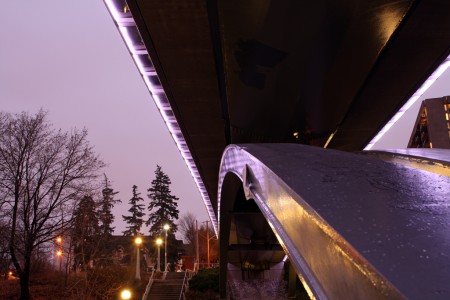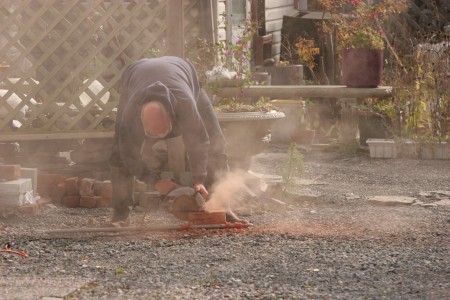One of the biggest disagreements that exists among those who believe that action is required to mitigate anthropogenic climate change is between those who see it as a problem that can be managed within existing economic systems and those who argue that it requires profoundly different ones.
The first view can be encapsulated as ‘climate change as an engineering problem.’ We just need to give people the right incentives, and enact policies to change over the energy basis of society to one that is carbon-neutral. Readily available tools for doing this include Pigouvian taxes: those meant to incorporate the societal harms associated with various actions into the prices paid by those who do them. Examples include carbon taxes, road taxes, etc.
The second view is more like ‘climate change as a symptom of the problem of capitalism.’ Indian environmentalist Sunita Narain expresses it well:
All technofixes [for climate change] – biofuels, GM crops or nuclear power – will create the next generation of crisis, because they ignore the fundamental problems of capitalism as a system that ignores injustice and promotes inequality.
In this view, changes made within existing economic systems will never be able to go far enough to produce a sustainable society.
Deciding how to act, there are risks on both sides. The engineering approach will face less resistance, meaning it can be rolled out faster, with a higher probability of getting the key elements in place soon. It may not, however, have the power required to solve the problem. The radical approach may ultimately have more capacity to effect societal change, but it would almost certainly take longer, and there is a significant risk that the new society forged wouldn’t even achieve the objective of climate stability. Capitalism’s major ideological competitor – communism – certainly wasn’t environmentally benign, or effective at managing environmental issues.
Can we cut human emissions to zero, thus stabilizing climate, while retaining the basic elements of the present economic system? If so, what mechanisms are the most important to put in place. If not, what sort of system do we need? One that is more democratic, or more authoritarian? One that alters the relations between humans and the planet how?






